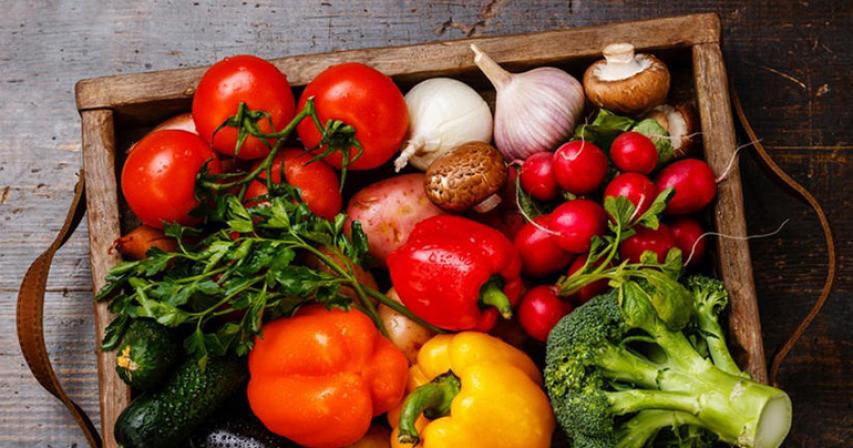Winter vegetable markets for 2020-21 season is now open with the participation of 150 local farms, offering fresh locally-grown vegetables at competitive prices.
One can grab local produce at the winter vegetable markets spread across the country located in Al Sheehaniyah, Al Mazrouha, Al Wakra, Al Khor-Al Zakhira and Al Shamal. The markets will be open between 7am and 4pm from Thursday to Saturday.
Ahmad Salim Al Yafai, Head of the Agricultural Services and Guidance Section at the Agricultural Affairs Department of the Ministry of Municipality and Environment (MME) remarked,
“The winter vegetable markets will offer various types of vegetables including cucumber, tomato, zucchini, eggplant, different types of leafy vegetables, pumpkin, sweet melon and watermelon.”
Dates and honey from local farms will also be available at the markets.
Al Yafai said that Agricultural Affairs Department of the Ministry had readied the markets enabling local farmers to offer their produce while adhering to the prescribed preventive and precautionary measures to curb the spread of COVID-19.
The department has provided the productive farms 3,500 greenhouses — regular, cooled and hydroponic — vegetable seeds, fertilizers and pesticide free of cost which will help in growing the produce in large quantity this season.
The winter vegetable markets helped to market over 16,000 tonnes of local vegetables during the last season.
The Ministry of Commerce and Industry will determine the vegetable prices at these markets. However, the MME will monitor the quality of the produce and implement the COVID-19 safety measures.
The produce will undergo quality and safety checks. Samples of vegetables are sent to the laboratory of the Ministry of Public Health for testing pesticide residues and the test results generally come within two days.
The produce that falls below the residue control standards are not allowed at the markets. Engineers from the Ministry visit the farms to educate the farmers on ways to get rid of the pesticide residue.
Moreover, the Agricultural Affairs Department has provided farmers with boxes, for marketing vegetables, and stalls at the markets free of cost, enabling them to sell directly to the customers without middlemen to get good return for their investments and hard work.

Comments